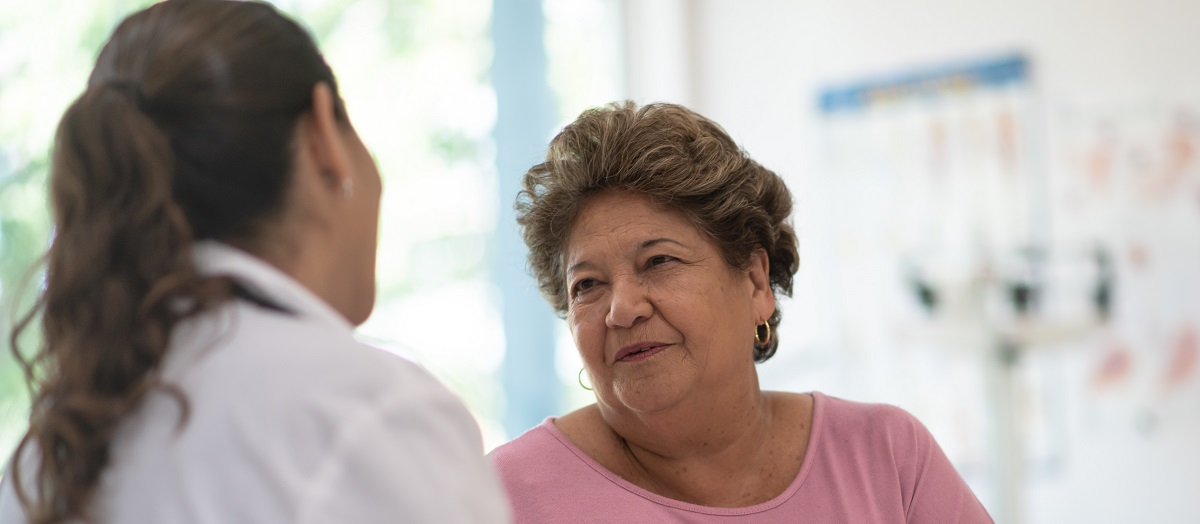There have been evidences of racial disparities in biologic therapy prescriptions for conditions outside of ENT; however, only a few studies have investigated the impact of demographic factors on biologic therapy prescriptions for chronic rhinosinusitis with nasal polyposis (CRSwNP).
A new study presented at the 2023 American Rhinologic Society, Combined Otolaryngology Spring Meeting (ARS-COSM) held in Boston, Massachusetts, May 3-5, investigated demographic factors in patients prescribed with biologic therapy for CRSwNP. Exiting research suggest that different biologic therapies, including dupilumab, have been effective for patients with severe for Chronic Rhinosinusitis with Nasal Polyposis.
A team of researchers from the Thomas Jefferson University Department of Otolaryngology conducted a retrospective analysis of electronic health records from TriNetX US Collaborative Network (consisting of 52 HCOs with over 88 million patients). Multiple cohorts were created based on the ICD-10 diagnostic codes, including CRSwNP, asthma, hypertension, atopic dermatitis, obesity, diabetes melitus, functional endoscopic sinus surgery (FESS), and others.
The inclusion criteria for patients were such that they should have carried a diagnosis of CRSwNP and should have been prescribed a biologic therapy. The key study outcomes were the rates of ESS, oral steroids, along with oral antibiotic prescriptions.
Study results showed that patients identified as Black were more likely to be prescribed biologics, particularly dupilumab, compared to Hispanic and Non-Hispanic Caucasian patients possessing similar steroid usage and antibiotic rates. Moreover, Hispanic patients were less likely to be prescribed biologics than their white and black counterparts.
In addition, among the different biologics and therapies, dupilumab had greater prescription rates (3.10%) as compared to the Hispanic patients (1.60%), while FESS was more prevalent in Hispanic (23.44%) and Black (21.21%) CRSwNP patients.
Demographic differences have also been observed in emerging new biologic therapies, including inflammatory bowel disease (IBD) and rheumatoid arthritis (RA); however, these differences have often been resolved through insurance types. “ Understanding access to CRS treatment and barriers to care is important to promote health equity in these populations,” the authors highlighted. Continued concerns regarding the cost and accessibility of biologic therapies were reported.
The authors acknowledged several limitations of the study, including participants from specific institutions, thereby missing a large portion of the US population. Additionally, the insurance status of the participants was missing, and there was no link between antibiotics/steroids usage to specific encounters. “Our findings may serve as a model for future, more powerful prospective studies on this topic, “ the author concluded. The findings from the study contribute to understanding demographic disparities in biologic therapy prescriptions for CRSwNP.
Reference:
Garvey E, Naimi B, Duffy A, Urdang Z, Nyquist G, Rosen M, Toskala E, Rabinowtiz M. Chronic Rhinosinusitis with Nasal Polyposis and Biologic Therapy Disparities in Care. ARS-COSM, May 4-5, 2023







